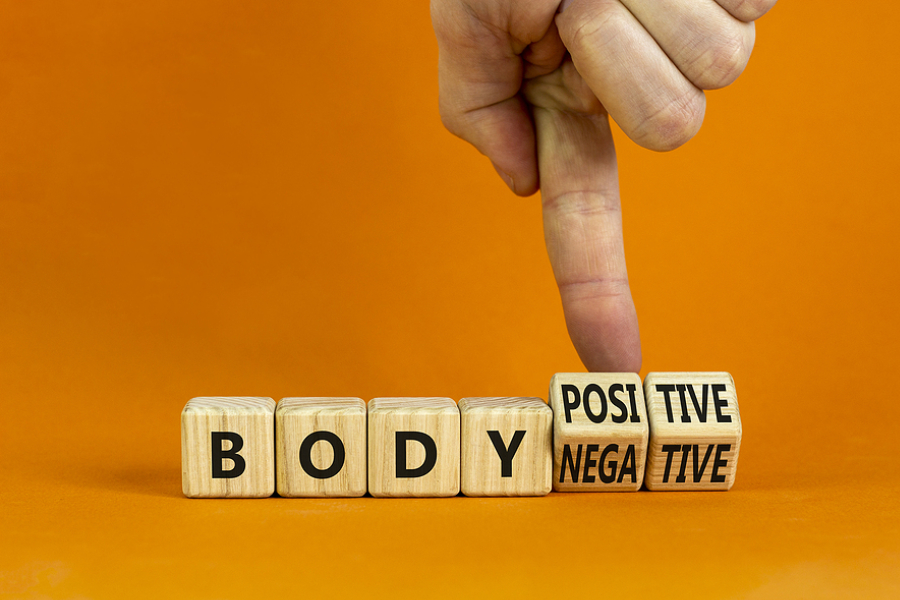It is normal for people to have little things they dislike about their appearance. While many may fret about their imperfections, it typically does not interfere with day-to-day life.
However, individuals who suffer from body dysmorphic disorder are consumed by negative thoughts of their appearance. These thoughts may cause emotional distress and even make it difficult for them to function healthily.
Understanding body dysmorphic disorder
Body dysmorphic disorder is a mental health disorder characterised by preoccupations with flaws in one’s appearance that are persistent and invasive.
Individuals suffering from body dysmorphic disorder can find fault with any part of their body, with the most common being their skin, nose, stomach and overall physique. In reality, the perceived flaw might be a minor flaw or even imagined. Despite that, someone with body dysmorphic disorder will see this flaw as prominent and significant. They may repeatedly check their appearance, constantly seek reassurance from others or spend hours trying to conceal their perceived flaws. In severe cases, they may even feel too conscious or anxious to interact socially.
Causes of body dysmorphic disorder
Research has shown that body dysmorphic disorder affects men and women almost equally. The exact causes of body dysmorphic disorder are unclear, but environmental factors can contribute to its development.
In an increasingly digital world, comparing oneself to others on social media can greatly influence an individual’s perception and image of their appearance. One’s self-perception may also be influenced by the concepts and values of their family, friends, education and religion.
Signs and symptoms
Individuals suffering from body dysmorphic disorder are constantly trying to correct or conceal their perceived imperfections. This obsession can linger for hours or perhaps even the entire day. They are difficult to resist or control, making it challenging for individuals with this disorder to focus on anything other than their perceived flaws.
Some signs of body dysmorphic disorder include:
- Negative body image; constantly putting oneself down or comparing one’s appearance to others
- Constantly checking one’s appearance in the mirror
- Avoiding mirrors
- Camouflaging (attempting to hide certain body parts under clothing or makeup)
- Constantly seeking reassurance from others on one’s appearance but not believing them
- Feeling anxious, depressed or ashamed
- Avoiding social situations
Body dysmorphic disorder may result in low self-esteem, mood disorders, eating disorders, social anxiety and more.
Treatment for body dysmorphic disorder
Body dysmorphic disorder is a serious but curable mental health disorder. It is imperative that an individual suffering from body dysmorphic disorder receives treatment from a qualified professional. If left untreated, symptoms may worsen over time and result in other severe mental health disorder such as depression or thoughts of self-harm.
Multiple studies have supported psychotherapy to be an effective treatment for body dysmorphic disorder. A suite of psychotherapy techniques such as schema therapy, eye movement desensitisation and reprocessing (EMDR), gestalt therapy and visualisation can help an individual revise self-critical language and restructure negative irrational thoughts about their appearance.
Conclusion
It is no surprise that body image may be an issue for many people, given its complexity and increasing social pressure to adhere to its ever-changing standards. If you are suffering from body dysmorphic disorder, a qualified mental health professional can help you immensely.
Here at Emotionally Great, we offer therapy and counselling services in Singapore. Our qualified psychotherapist has over 18 years of experience under her belt and will work alongside you to conquer low self-esteem through psychotherapy. We adopt a range of counselling and psychotherapy techniques such as schema therapy, eye movement desensitisation and reprocessing (EMDR), gestalt therapy, visualisation and more to help free you from emotional distress and learn to love yourself and your appearance.
Schedule an appointment with us today to begin your journey to self-confidence.






